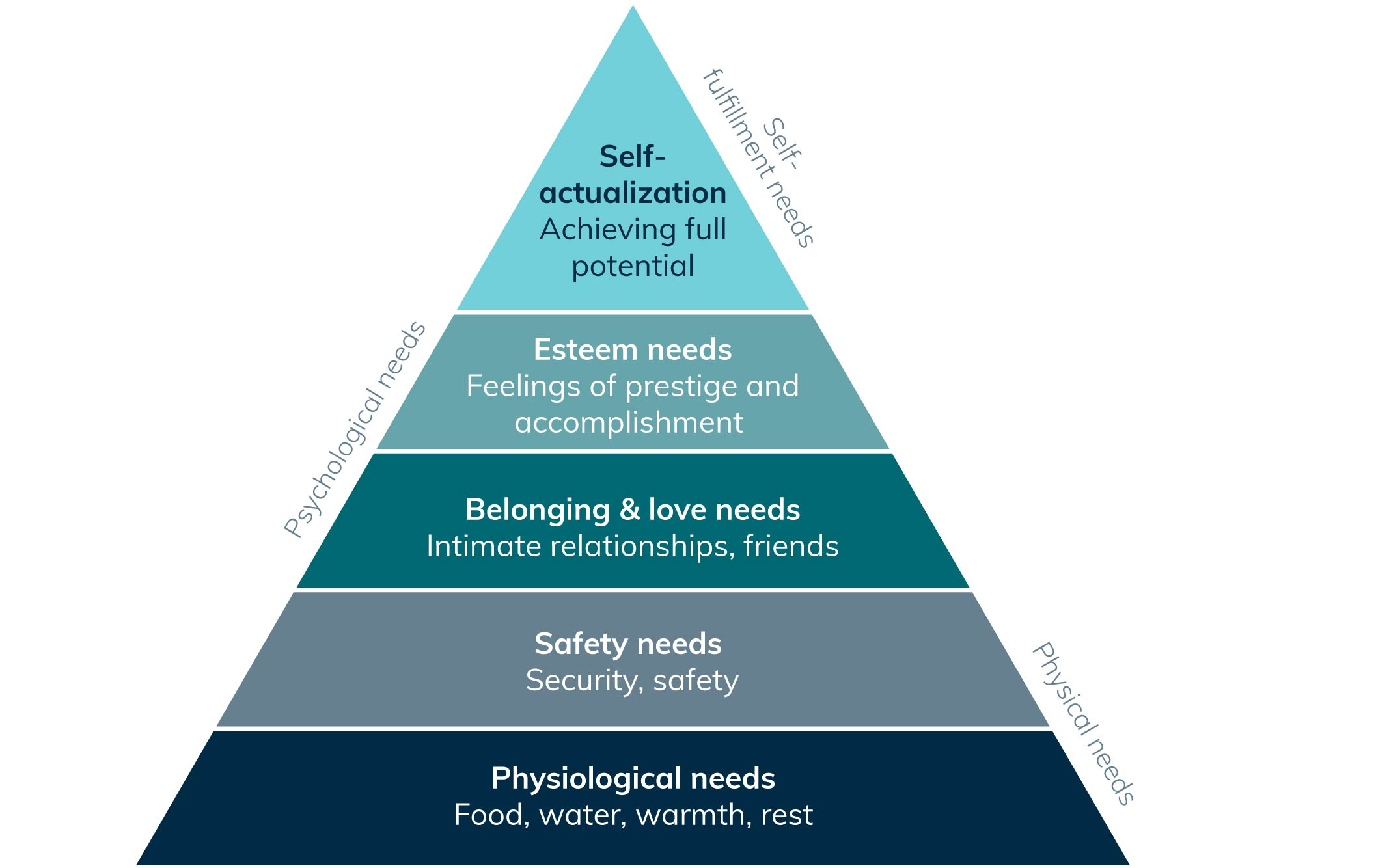1 min read
How to Thrive During a Recession | SkillSource
A recession only exposes weaknesses in your operation that already existed, it doesn’t create them. Whether it’s a lack of diversity of revenue...
3 min read
Shelina Pabani
:
Mar 26, 2019 2:02:00 AM

Let’s think about that for a moment… If anyone had asked us to imagine this reality a few short months ago, we would have scoffed at the suggestion. And yet, here we are. Seemingly overnight, a global pandemic has forced the majority of us to figure out how to work remotely with little to none in the way of preparation. Employers are rethinking future plans. Companies such as Google have announced that, for most of their employees, the work from home reality will continue until at least the summer of 2021. As we all adapt to this “new normal,” the question on many employers’ minds is: what should we do to help employees adapt to remote work and best support them? What does this new way of working mean for productivity? Team dynamics? Employee engagement?
In this new paradigm shift, Emotional Intelligence becomes even more important for leaders if they are to successfully steer employees through the turmoil. In fact, Emotional Intelligence is more important than ever! Research tells us that employees look to their managers for cues about how to react to sudden changes or crisis situations.
If we are truly going to be successful navigating these uncharted waters, we must fundamentally answer two questions: how are employees doing? And, what do they need? This might sound simplistic; but, the answers span complex physical and emotional territory.
Thrive Global recently surveyed a nationally representative sample of over 5,000 American adults. One of the most striking findings was that 80% of respondents feel helpless and like things are out of their control — underscoring the need for tools that empower people. Over 85% of these respondents said they wanted more help from their employers as they adapt to WFH.
Additionally:
As I reflect on these sobering statistics, I am increasingly drawn back to Maslow’s Hierarchy of Needs as a starting point. As humans, we have a series of basic needs that must be met before we can deal with the higher-level needs of self-actualization. The original hierarchy states that a lower level must be completely satisfied and fulfilled before moving onto a higher pursuit. Today’s scholars, however, prefer to think of these levels as continuously overlapping each other. This means that the lower levels may take precedence back over the other levels at any point in time. If there was ever a case for the lower levels taking precedence, it’s now.
The current situation has thrown many of us into a state of “fear” (as the Thrive Global data can attest). We have had to recalibrate what security and safety mean to us individually and collectively. What are our physiological needs in this new reality? What does safety look like in this new reality? How can we meet our need to belong and for human connection when we no longer have the same contact we once did with colleagues, friends, or family?

Gallup research finds that frequent conversations yield the biggest improvements in engagement. And that remote workers are three times more likely to be engaged if they receive feedback from their manager at least a few times per month.
Gallup’s first chairman Don Clifton advised leaders that, “Nothing happens until someone expects something of you in ways you can achieve.” Remote or not, employees can only be accountable for what’s expected of them. But first, we need to take care of their basic needs:
These are just some of the questions that leaders need to be asking.
Once we can take care of the basic needs, we can begin to address their psychological needs. Employees have lost personal connection with their colleagues, no longer bumping into each other in the café, or at the printer. With this in mind, leaders can implement five-minute daily “connections” or “coffee chats” virtually every day to help provide employees opportunities to connect. This is a great opportunity to be creative and solicit input and ideas from the team in meaningful ways to stay connected to each other.
Then comes the need to feel productive and connected to the work. With employees feeling increasingly isolated, managers need to communicate expectations and progress frequently so employees can see the impact of their work.
With just a little “heart,” some thoughtful planning, and clear communication, leaders can help employees not just adapt to remote work but THRIVE.

1 min read
A recession only exposes weaknesses in your operation that already existed, it doesn’t create them. Whether it’s a lack of diversity of revenue...

What is a Remote Work Policy? Many companies from different industries are now realizing that offering more flexible work schedules and allowing...

How to Transition Your Team to Remote Work The transition to working from home can go seamlessly for some and pose some unforeseen issues for...